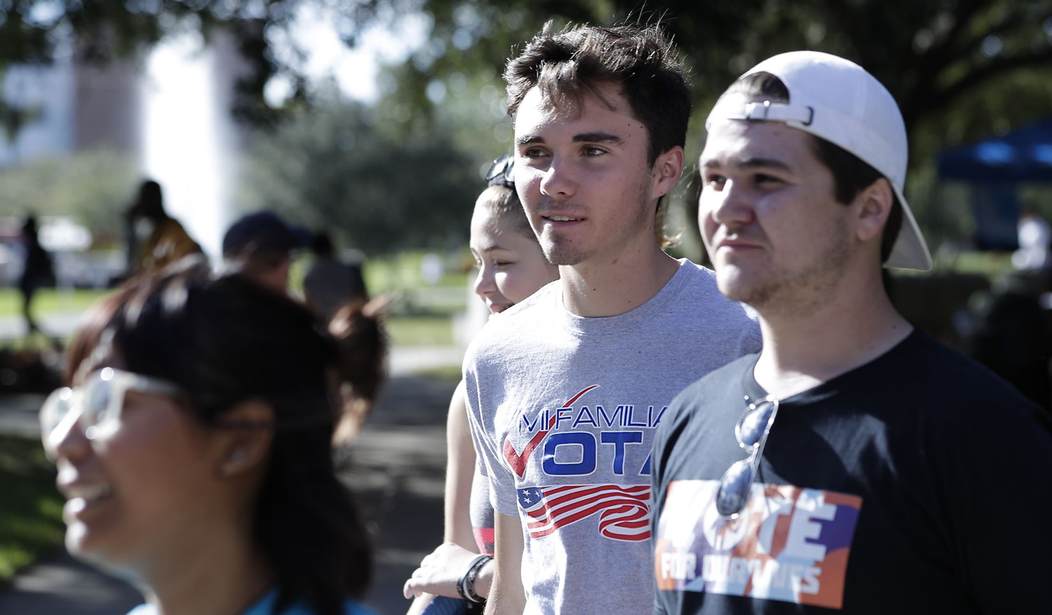It’s coming up on three years since the Parkland shooting. Before then, most of us didn’t know anyone who went to that school. Now, we all know a handful of names, most of which aren’t the heroes who died trying to save lives. No, it’s the loud ones who have dedicated their lives to trying to infringe upon our right to keep and bear arms.
But a lot who started off on that path are trying to move away from it to heal.
When the shooter in the 2018 Parkland school massacre finally pleaded guilty last month, it briefly revived attention and donations for the anti-gun violence March For Our Lives student movement birthed by the tragedy.
It also dredged up personal trauma for many of young activists, though most are now hundreds of miles away at college.
Jaclyn Corin, 21, one of the group’s original organizers and now a Harvard junior, stayed off social media the week of the shooter’s court proceedings to avoid painful memories. But well-intentioned loved ones texted constantly to provide support, unwittingly making it impossible for her to ignore.
“I try my best not to think about him and the violence that he inflicted, but it’s incredibly hard to do that when someone who ruined your life and the lives of literally everyone in your community is trending on social media.”
…
March For Our Lives has evolved into a 300-chapter organization that has had a hand in helping pass many of the 130 gun violence prevention bills approved across the country since 2018 and regularly files amicus briefs in gun-related lawsuits.
Yet some of the original founders, including Emma Gonzalez, have left or taken a step back — or moved on to other issues. One of them is running for Congress in Florida.
Corin was so burned out from activism when she started college that she said she needed a year for herself.
“A lot of our trauma from the shooting is inherently linked to the organization,” she said.
This is actually quite interesting. I knew I hadn’t heard Emma Gonzalez’s name lately, and I don’t really remember hearing Corin’s at all, but it’s interesting to see that they’ve stepped away from the movement.
It makes sense, though.
See, healing from trauma means learning to not have it be the focus of your entire life. While you’ll never be the same after something like that, you can’t let it consume you either.
Yet many of those from Parkland did and have. They’ve let it be the primary focus of their lives; as if nothing else matters but the fact that they experienced something horrible. And we’re expected to listen to them because they have.
I don’t expect most of these kids to become pro-gun as they mature. The damage is done for most of them, and even if they step away from gun control, they’re unlikely to make that big of a change without something extraordinary happening.
But what we can expect to see is fewer of them vocally calling for our rights to be restricted.
That, of course, raises the question of what that means about those who haven’t really stepped away. Those impacted by Parkland are still treated as celebrities in the gun control circuit and by the media. They’re held up as some kind of standard, martyrs against the right to keep and bear arms.
In those cases, what we’re seeing are the broken ones who simply aren’t trying to heal. From David Hogg to Fred Gutenberg, these aren’t strong champions. They’re broken people the anti-Second Amendment crowd is capitalizing on.
Such a thing would be sad if these folks weren’t volunteering for it gleefully.








